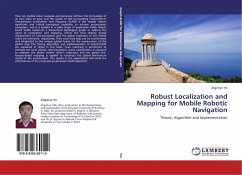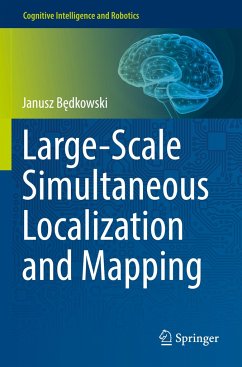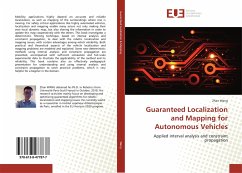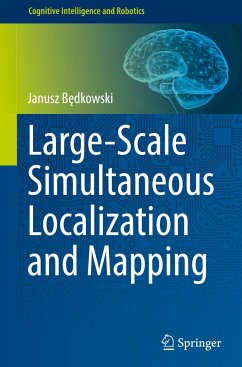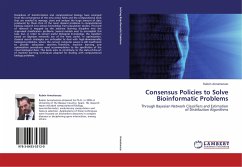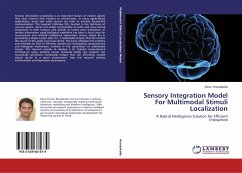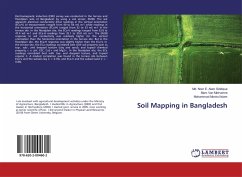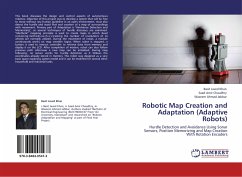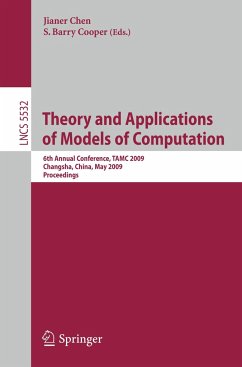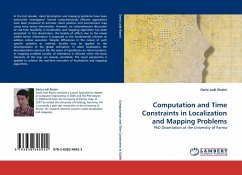
Computation and Time Constraints in Localization and Mapping Problems
PhD Dissertation at the University of Parma
Versandkostenfrei!
Versandfertig in 6-10 Tagen
39,99 €
inkl. MwSt.

PAYBACK Punkte
20 °P sammeln!
In the last decade, robot localization and mapping problems have been extensively investigated. Several computationally efficient approaches have been proposed to estimate robot position and environment map using noisy sensor information. However, no comprehensive discussion of real-time feasibility in localization and mapping algorithms has been presented. In this dissertation, the locality of effects due to the newly added sensor information is proposed as the fundamental criterion to address online execution. Despite differences in the nature of each specific problem or method, locality may...
In the last decade, robot localization and mapping problems have been extensively investigated. Several computationally efficient approaches have been proposed to estimate robot position and environment map using noisy sensor information. However, no comprehensive discussion of real-time feasibility in localization and mapping algorithms has been presented. In this dissertation, the locality of effects due to the newly added sensor information is proposed as the fundamental criterion to address online execution. Despite differences in the nature of each specific problem or method, locality may be applied to the decomposition of the global estimation. In robot localization the decomposition concerns the the space of hypotheses on robot locations. In mapping problem locality of estimation is allowed when the basic elements of the map are loosely correlated. The novel perspective is applied to achieve the real-time execution of localization and mapping algorithms.



